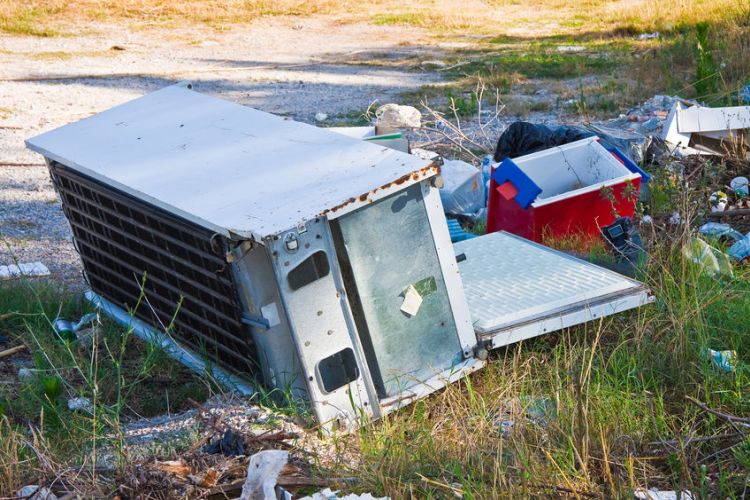
Flytipping on common land in Wales was swiftly cleared after the offender was threatened with a private environmental prosecution.
The waste crime incident happened on common land near Bridgend, owned and managed by the Coity Wallia Commoners Association (CWCA).
They faced the prospect of having to clear up the paper waste scattered on the land they own and manage, and where they graze sheep.
Local farmers hired lawyers from legal firm Harrison Clark Rickerbys (HCR) after neither South Wales Police nor Bridgend County Borough Council intended to pursue a prosecution.
HCR lawyers Bryn Thomas and Aled Owen developed a solution to punish and address those causing the problem.
The offender, identified through the waste they dumped, was threatened with a private environmental prosecution.
Mr Thomas said: “A letter to the offender, who was identifiable from papers in the waste and who lived in the Bridgend area, started the process.
“I then went to Cardiff magistrates court so that they could issue a summons, and then the offender paid up, which was a great result for the CWCA,” he explained.
“Private prosecutions are not often used in these cases, but it was very effective and it means that the association doesn’t have to find the £600 clear-up and legal costs.”
The CWCA, which is considering investing further to combat fly tipping on the commons, has urged other commoners’ associations to take direct action.
Huw Griffiths, secretary of the CWCA said: “Fly tipping is a national problem on common land and we are delighted that the threat of private prosecution forced the offender to take responsibility for his actions by paying the clear up and legal costs associated with the illegal deposit of waste.”
Fly-tipping statistics for the year 2018/19 reveal that local authorities in England dealt with just over one million incidents, an increase of 8% from the 998,000 incidents reported in 2017/18.
